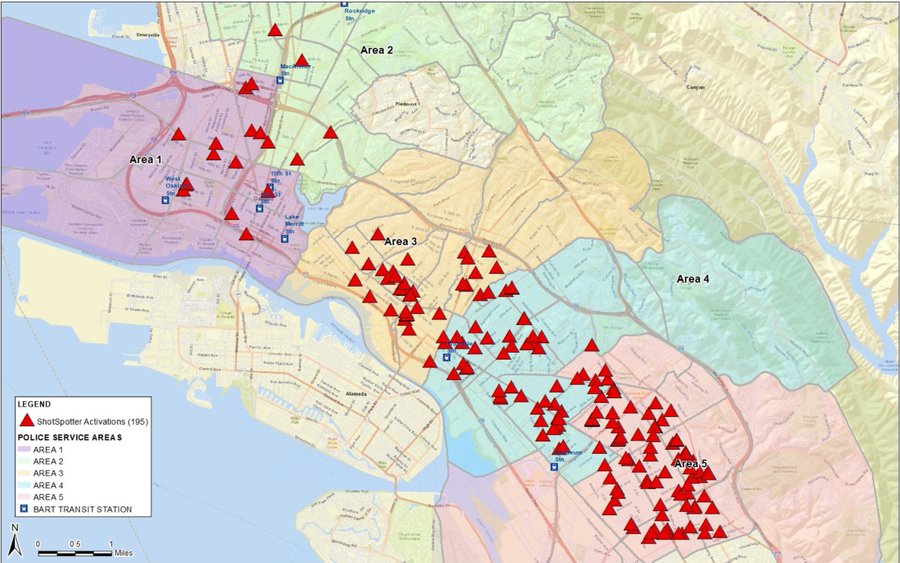Update: AB 2192 was held in the Assembly Privacy committee and is dead. Oakland Privacy and the Electronic Frontier Foundation provided witness testimony on the bill in both the Assembly Transportation and Assembly Privacy committees.
A bill proposed by Assembly member James Ramos (D-Rancho Cucamonga) and sponsored by the CA State Sheriffs Assn seeks to write into California state law that automated license plate reader scans can be freely shared by CA law enforcement agencies with federal and out of state agencies, including police and sheriff departments across the nation, and federal agencies like the Border Patrol, IRS, FBI, DEA, ATF and the US Marshalls.
Current law, although regularly flouted, restricts sharing to public agencies located inside the state and the state’s sanctuary law prevents information sharing that aids federal immigration enforcement. AB 2192 would change those current restrictions. A current lawsuit, Lageleva v Marin County Sheriff seeks to enforce existing law and likely provided the motivation for the sheriffs association to try to change the law.
Public records requests have found that many California agencies share their ALPR scans with as many as 800 other law enforcement agencies, including many rural red state sheriffs who may be enforcing new restrictions on abortion and trans youth health care. 99.8% of license plate reader data collected by CA law enforcement agencies has zero connection to any crime and per the California State Auditor, the current collection and distribution of ALPR’s in California violates the privacy rights of Californians.
AB 2192 should be stopped. Stay tuned for more on how to take action to oppose this bill, but if you’d like to tell the author that you don’t like their bill, you can call them at (916) 319-2040.





